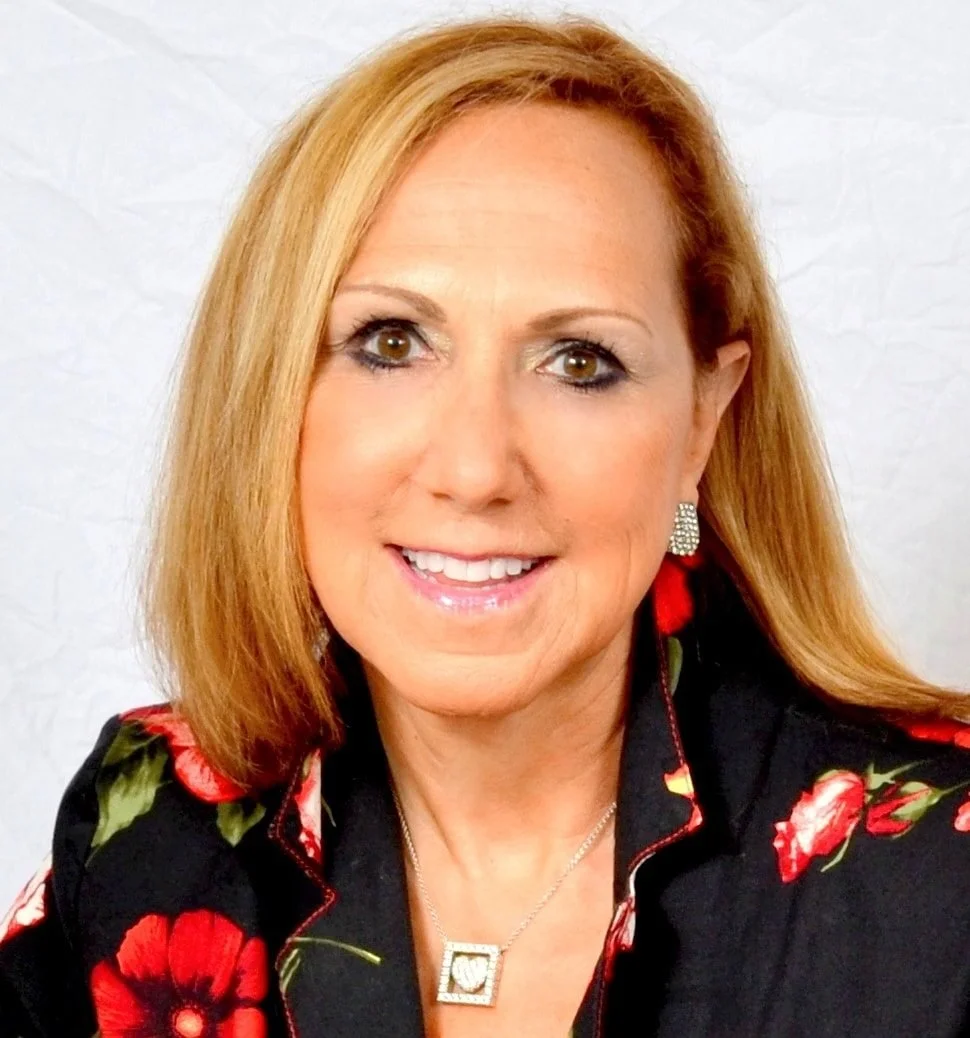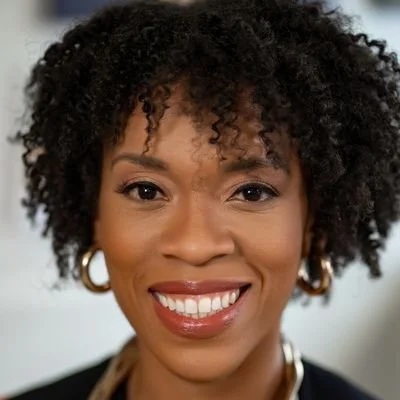
KEYNOTES • TRAININGS • WORKSHOPS
Ready to kick it into high gear? Discover a service that is going to energize your team.
Let the work begin.
Below are highlights of talks, audits, trainings and workshops that Marv Leads can bring to the leaders of your healthcare organization, students and admin of your higher education institution, and the black and brown men of your community.
WORKSHOP
Intercultural Development Inventory (IDI)
Intercultural Development Inventory (IDI) is a research-validated assessment tool designed to measure intercultural competence. It was created to measure an individual's ability to interact effectively with people from different cultural backgrounds. The IDI consists of an online survey that takes about 30 minutes to complete. The survey measures an individual's intercultural competence in five key areas: knowledge, motivation, skills, behavior, and environment. The IDI is a great way to help identify areas of strength and weakness in intercultural development.
This program includes the following process:
IDI Presentation
IDI Assessment
IDI Group Assessment debrief and or Individual Assessment debrief
Provide (IDP) Individual Development Plan
Best for Audience Type: Organizations, schools, or nonprofit organizations.
Desired Outcome: To identify and understand your current intercultural competence. Gain insight into your own strengths and weaknesses in areas such as empathy, knowledge, attitude, and behavior.
KEYNOTE • WORKSHOP • TRAINING
Bias! It’s nothing personal
Everyone carries bias, whether it be explicit or implicit. Bias can happen to anyone. Explicit Bias is when you are aware of the thoughts and beliefs you consciously have toward others. Implicit Bias is the unconscious thoughts and beliefs that you have about someone or something.
In this talk, Marvin:
Digs deep into the difference between Implicit versus Explicit Bias
Creates awareness around how bias can be harmful within workplaces, such as healthcare organizations and higher education institutions, especially in positions of power.
Empowers his audience with helpful language that can be supportive in unpacking one’s biases, exploring how to shift unconscious beliefs, and therefore preventing harm to your colleagues and students.
Best for Audience Type: Anyone and everyone who wants to be a progressive voice of change that is consciously working to shift unconscious beliefs and attitudes about all people. Healthcare Professionals and Leaders, Hospital Workers, Higher Education Leadership and Students, and Black and Brown Community Members.
Desired Outcome: To empower progress around implicit bias among individuals and organizations by providing tools that inspire awareness and practical tactics that ultimately lead to behavior change.
KEYNOTE
Man Up On Your Mental Health
Every black and brown man today needs to have a greater sense of awareness and understanding of when and why it’s time to take care of themselves. Men who avoid caring for their mental health can experience a decline in their overall wellbeing.
“Black men are not receiving the help they need for these problems. For example, only 26.4% of Black and Hispanic men ages 18 to 44 who experienced daily feelings of anxiety or depression were likely to have used mental health services, compared with 45.4% of non-Hispanic White men with the same feelings (NCHS Data Brief No. 206, 2015).”
Let’s discuss what is and what is not.
What Mental Health in Men is Not: Crazy. Weak. Broke.
What Mental Health in Men IS: Freeing. Energizing. Rejuvenating. Compassionate.
A picture has been painted for men to be strong, not to show emotion, and hold it together all the time. But what happens when a man can no longer keep it together and push through? Why do we allow men to reach that breaking point in the first place?
This talk will bring a refreshing take on what it means to Man Up in the world today.
Best for Audience Type: This is for men everywhere - but it’s especially for the black and brown men that need to know that taking breaks are needed, asking for help is essential, and that they don’t have to carry the weight of the world on their shoulders.
Desired Outcomes: To uplift other men in acknowledging the gift they can give themselves through exploring their emotional vulnerability and mental health.
KEYNOTE • TRAINING
Fuel Your Leadership with Self-care.
This is the motto Marvin stands by and it starts with caring for yourself.
Self-care is bold, fierce, and strong. Knowing when it’s time to unwind, sit back, and spend time with yourself is the Marv Leads way. A dedicated self-care practice has paved the path for Marvin to rise above hardship, implement leadership principles, and lead a beautiful life. He’s on a mission to empower other men to do the same.
In this talk, Marvin creates clarity around the questions:
What is the masculine side of self-care?
Where is it most important to self-invest your resources?
Why refining where you spend your time and energy is crucial?
How can stepping outside of your comfort zone be a catalyst for transformation to your best self?
How can you know who you truly are if you don’t create space to be with yourself?
How will your leadership impact gain a boost from practicing self-care?
Best for Audience Type: For the man that is ready to lean on his brothers and come home to himself. For the man who trusts that the job will be there and is ready to care for himself. For the man who knows real leadership starts within.
Desired Outcomes: To break the stigma around self-care for men and offer a new meaning of men’s wellness as a pillar for self-sovereignty, which is the foundation for impactful leaders.
KEYNOTE • TRAINING
What does it mean to be a Good Ally?
It’s one thing to say you’re an ally, and it’s another to actually lead the life of a Good Ally.
To be an ally is to unite with others in support of a common interest. To be a Good Ally is to harmoniously come together as a united front with the cultural awareness to stand up for someone that is different from you.
Becoming a Good Ally isn’t always easy, but it can be learned and it starts in conversation. Language is powerful and to have a greater understanding of culturally effective words can make all the difference in how you care for and lead others. According to the Human Rights Campaign Foundation’s 2018 Survey, 46% of LGBTQ workers are closeted at work and in a 2005 report released by the National Academy of Medicine, it was found that “racial and ethnic minorities receive lower-quality health care than white people—even when insurance status, income, age, and severity of conditions are comparable.” It’s injustices like these that can be eradicated if we learn how to be a Good Ally.
This talk will teach healthcare leaders, pharmacy students, and community members alike how to challenge and change unconscious bias, views, and beliefs through uncomfortable conversation that inspires the Marv Leads’ Do Good, Live Good way and become a Good Ally for life.
Best for Audience Type: This conversation is curated for the Healthcare Professionals and Leaders, Hospital Workers, Higher Education Leadership and Students, and Black and Brown Community Members who want to know how to have the hard conversations in order for equity of all to be achieved.
Desired Outcomes: The desired outcome of this talk is to raise awareness on the actions one can implement to lead the life of a Good Ally at home, at school, in the workplace, and in the community.
WORKSHOP • TRAINING
Creating a Safe Space at the Workplace
People don’t quit their jobs. They quit bad leaders.
Have you ever feared making a mistake at work would cost you your peace because of your leader’s response? Are you a leader that’s ever wondered if you’ve handled your direct reports errors in a productive way that reinforces you are a safe space for them to come to?
An article in the Harvard Business Review shares that “..70% of employees are ‘not engaged’ or ‘actively disengaged’ at work. As a consequence, they are ‘less emotionally connected’ and also ‘less likely to be productive.’ “
The solution that both employees and leadership teams are looking for comes in the form of vulnerability. Vulnerability in the workplace is truth-filled, transparent, and collaborative.
Vulnerability in the workplace inspires problem-solving, more open conversation and dialogue between leaders and their team. It removes fear and creates opportunity for change. It creates an environment that people actually want to come to work in, and in light of The Great Resignation, now more than ever before, vulnerability in the workplace is essential.
In this talk, Marvin addresses why vulnerable leadership matters and how to commit to integrity based practices that cultivate compassion in the workplace.
Best for Audience Type: Leaders in healthcare organizations and higher education institutions that want to have a ripple effect on their teams.
Outcomes: Recognize opportunities within your professional work on how to lead with vulnerability and create a workplace environment that breeds safety for all, which leads to success.
AUDIT
Equity Audits
Creating an equitable environment is based on a human-centered design framework. While creating equity in the workplace is great for your staff, customers, and stakeholders to thrive - it simultaneously offers your organization a host of benefits from enhancing your cultural health to bolstering your bottom line. However, it's essential to understand that this endeavor is about being an empathetic human. If we want to solve problems, we have to start at the root, by feeling empathy for those who experience those problems.
When your employees have a healthy work environment to thrive in, business operations become stronger and more agile. Our equity audit is designed to help your leadership team identify growth opportunities and develop strategies to ensure your employees and stakeholders experience value through and through.
In this audit, Marvin will walk you through this process:
Empathy Discovery in which we investigate the systems and practices at play within your organization.
Operation Discovery where we will read through policies, guidelines, and hold confidential focus groups with staff to uncover unspoken rules and identify nonproductive inequitable systems that may be occurring.
De-identification data presentation.
Best for Audience Type: Organizations, schools, or nonprofit organizations.
Desired Outcome: Identify opportunities for growth within the inner-workings of your company and anticipate potential barriers. Strengthen your organization's ability to strategize and implement sound practices to eradicate any known disparities due to race, ethnicity, gender, national origin, color, disability, age, sexual orientation, gender identity, religion, or other socio-culturally significant factors.
AUDIT
NASDAQ Board Diversity Matrix Audit
Companies listed on the Nasdaq Capital Market must have (or explain why they don't have) one diverse director by the end of the year 2023, and two diverse directors by 2026. We all understand the importance of diversity in the corporate landscape, and Marv Leads is committed to providing a comprehensive audit of the NASDAQ Board composition. We can review the Board composition in terms of gender, ethnicity, age, and other relevant demographics, and provide you with a detailed report of our findings.
Best for Audience Type: Companies listed in the Nasdaq Composite.
Desired Outcome: Implement a plan to achieve board diversity.
WORKSHOP
Process Improvement
(<200 Employees)
Process improvement is an important part of any business, as it helps to streamline operations, reduce costs, and improve overall efficiency. By optimizing processes, businesses can ensure that they are working as efficiently and effectively as possible, while simultaneously exceeding the expectations of their customer base. Process improvement decreases pipeline inefficiencies and therefore lowers time waste, which can lead to a heightened level of customer service and customer satisfaction.
Initial assessment of perceived gaps and organization expectations.
Gemba walks. Going to the frontline work to access opportunities to remove waste and increase efficiency.
Lean assessment and workshop. Evaluation of Gemba walk finding and employee feedback and suggestion.
Apply countermeasures. Countermeasures are any actions taken to try and fix a problem before it worsens. Examples of this could be anything from fixing a flaw in a process to hiring new employees to increase production.
Best for Audience Type: Organizations, schools, or nonprofit organizations.
Desired Outcome: To discover the ways your organization can become more successful, and profitable through operation efficiency.
Kind words:


















